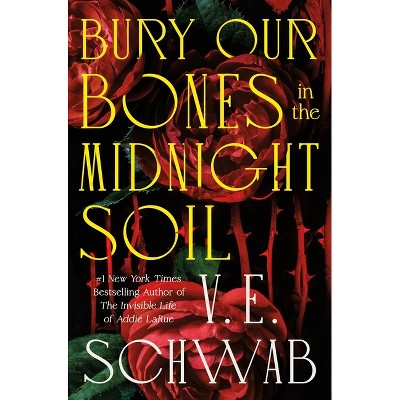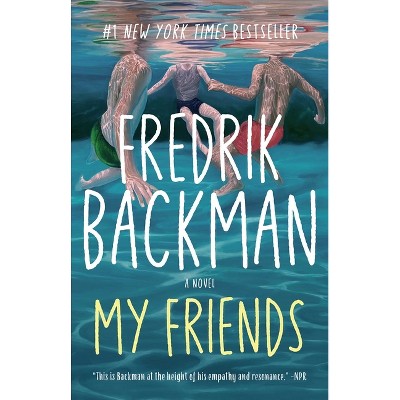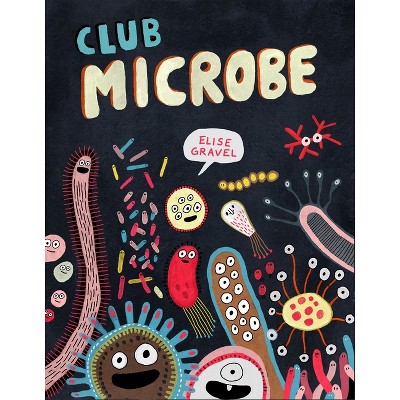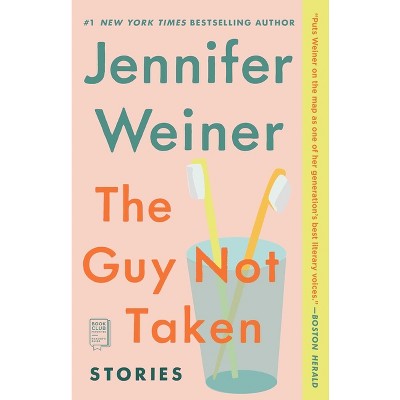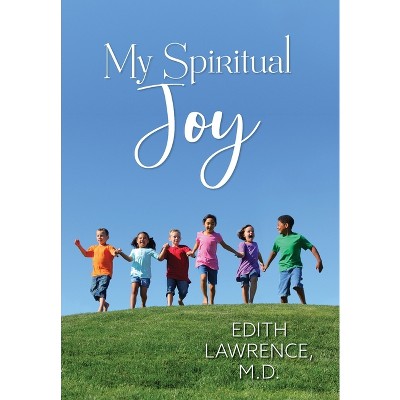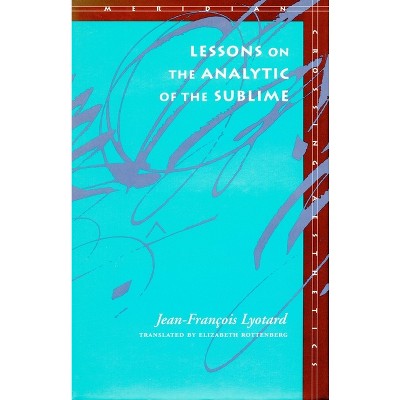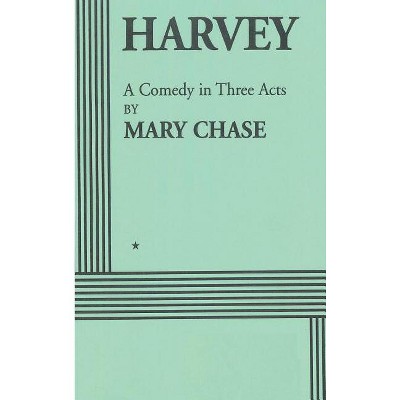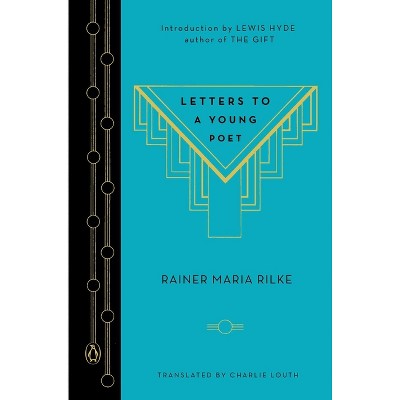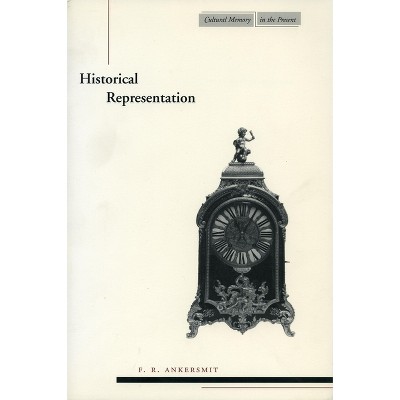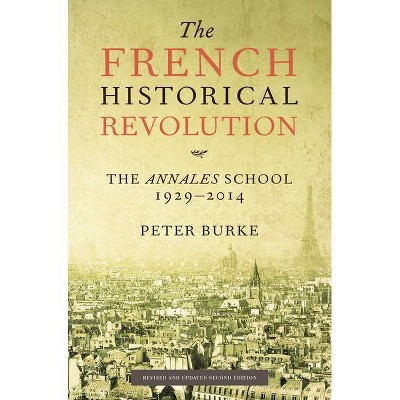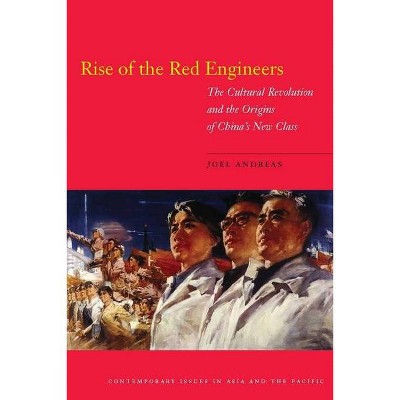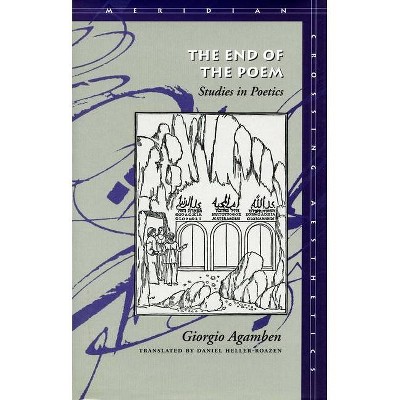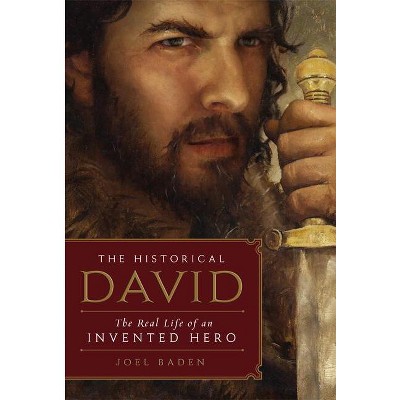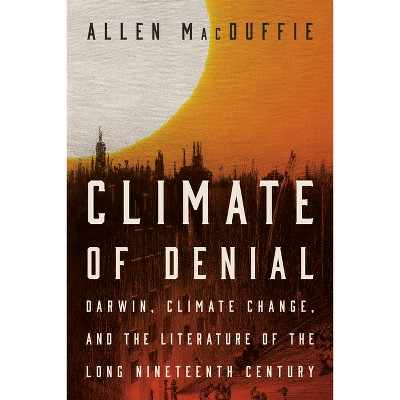Sponsored

The Historical Poem - by Joel Childers (Hardcover)
Pre-order
Sponsored
About this item
Highlights
- The Historical Poem takes up Georg Lukács's classic account of the historical novel to tell the forgotten story of its precursors.
- About the Author: Joel Childers is Visiting Assistant Professor at Willamette University.
- 264 Pages
- Literary Criticism, European
Description
About the Book
"In eighteenth-century and Romantic thought, historical poems were poems from distant times and places: from ancient and medieval India to the early Scottish Highlands and the European Middle Ages. Epics, romances, and other historical poems were said to bring the past to life, to invite their readers into distant worlds. And they were made to answer many of the era's most pressing philosophical questions: the nature of human thought, the origin of human civilizations, the formation - and, for some, the hierarchy - of races. The Historical Poem takes up Georg Lukacs's classic account of the historical novel to tell the forgotten story of its precursors. In this wide-ranging and innovative study, Joel Childers traces what he calls enterpretation, a hermeneutics of inhabitation and historical feeling. At a time of rapid imperial expansion, Childers shows how enterpretation was used to conceive of a newly human history - an account of the peopling of the globe as an uneven process of migration, conquest, and settlement. At once a literary history and a critical intervention, The Historical Poem combines a detailed study of Romantic thought with chapters on twentieth-century and contemporary literary criticism by Fredric Jameson, Saidiya Hartman, and Theodor Adorno and Max Horkheimer, among others"-- Provided by publisher.Book Synopsis
The Historical Poem takes up Georg Lukács's classic account of the historical novel to tell the forgotten story of its precursors. For eighteenth-century and Romantic thinkers, these were poems from distant times and places--from ancient and medieval India to the Christian and Islamic Middle Ages. Historical poems were said to bring the past to life, to invite their readers into distant worlds. And they were made to answer many of the era's most pressing philosophical questions: the nature of human thought, the origin of human civilizations, the formation--and, for some, the hierarchy--of races.
In this wide-ranging and innovative study, Joel Childers traces what he calls enterpretation, a hermeneutics of inhabitation and historical feeling. At a time of rapid imperial expansion, Childers shows how enterpretation was used to conceive of a newly human history--an account of the peopling of the globe as an uneven process of migration, conquest, and settlement.
At once a literary history and a critical intervention, The Historical Poem combines a detailed study of Romantic thought with chapters on twentieth-century and contemporary literary criticism by Fredric Jameson, Saidiya Hartman, and Theodor Adorno and Max Horkheimer, among others.
Review Quotes
"With its new analysis of the formation of modern literary criticism, this capacious and elegant book places Enlightenment and Romantic genre criticism and poetry at the origin of 20th- and 21st-century debates about philology, world literatures, and settler colonialism. A marvelous debut." --Kevis Goodman, University of California, Berkeley
"Working with a wide array of writers--some unjustly neglected--Childers's book is at once informative and innovative, and will be welcomed by everyone with an interest in the deep and complex histories informing critical debates in literary history." --Ross Wilson, University of Cambridge
About the Author
Joel Childers is Visiting Assistant Professor at Willamette University. He received his PhD in English from Johns Hopkins.Shipping details
Return details
Trending Book Pre-Orders



